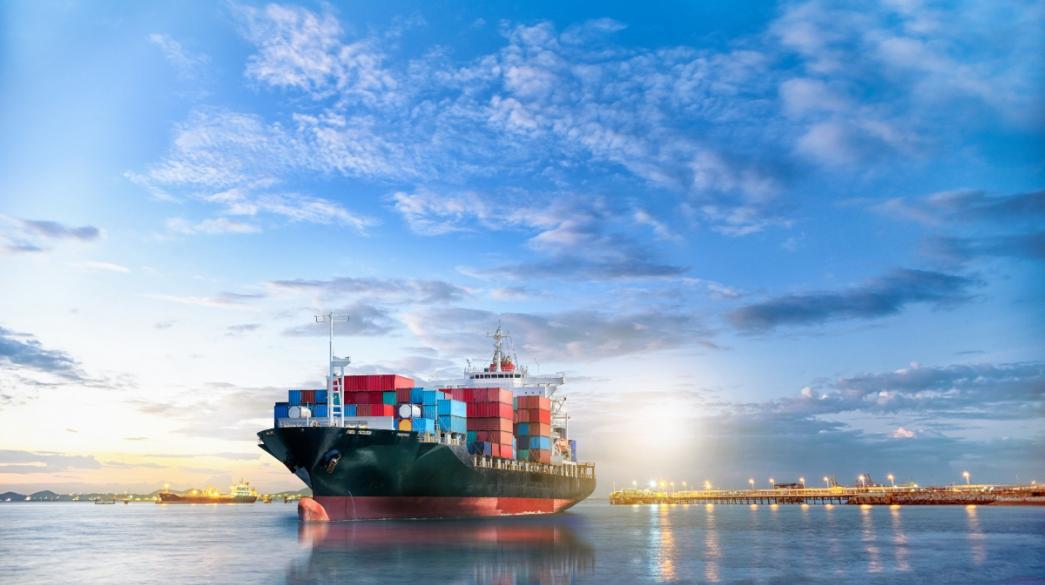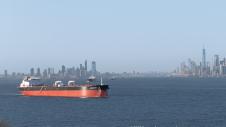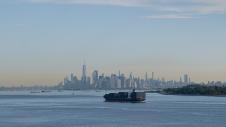The US-China trade war is pulling the brake on growth in global shipping next year as the sector struggles with higher costs stemming from compliance with a new regulation capping sulphur content in marine fuel (IMO 2020), according to rating agency Fitch.
Fitch is maintaining a negative outlook for the sector due to a slowdown in global growth, which is seen weighing on demand for sea transport. Even if trade tensions between the US and China ease, the damage will have been done due to China's economy slowing, soft trade growth and Brexit uncertainty.
"All shipping segments have been demonstrating more prudent capacity growth in recent years, which supports better supply/demand balance, but a longer record of capacity management is needed to strengthen the sector’s resilience," says Fitch.
The state of the Chinese economy holds the key to the shipping sector. Indicative of the enormous role China plays in global shipping, imports to China between 2008 to 2018 jumped by 1,500 million tons, representing half of global growth.
The switch to more environmentally friendly fuels used by transport ships is posing a major challenge for the sector. According to Fitch, this will lead to higher costs and capital expenditure for the companies.
"We do not expect the companies to be able to fully pass all the associated costs on to customers due to their limited bargaining power in a market plagued by overcapacity. Tanker shipping companies may benefit from higher demand for low-sulphur fuels, which should help them offset higher compliance costs with the regulation," it said.
IMO 2020 provides for limiting sulphur content in marine fuels to 0.5 percent from 3.5 percent.









